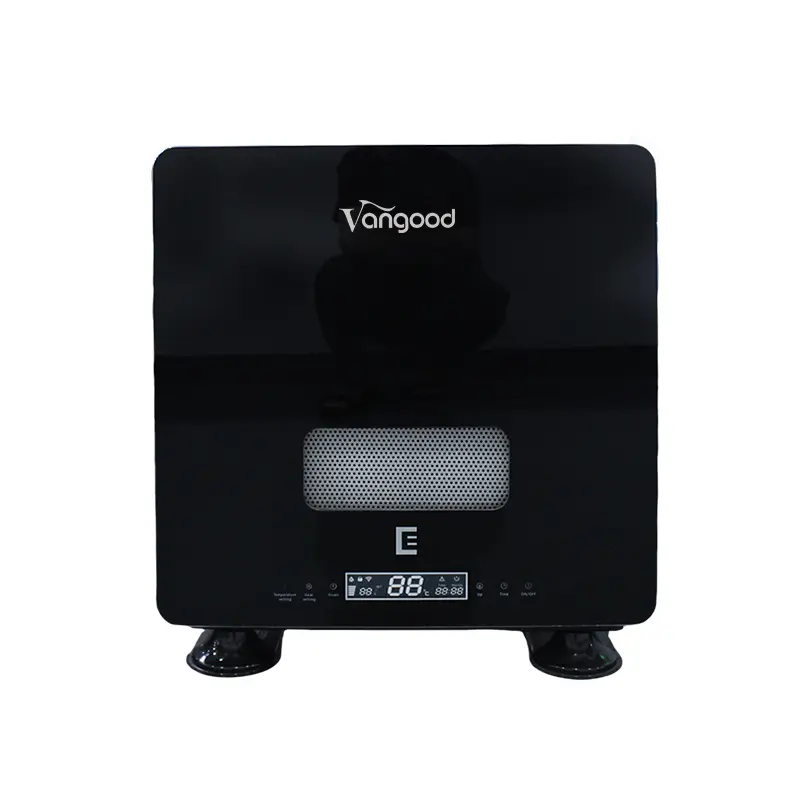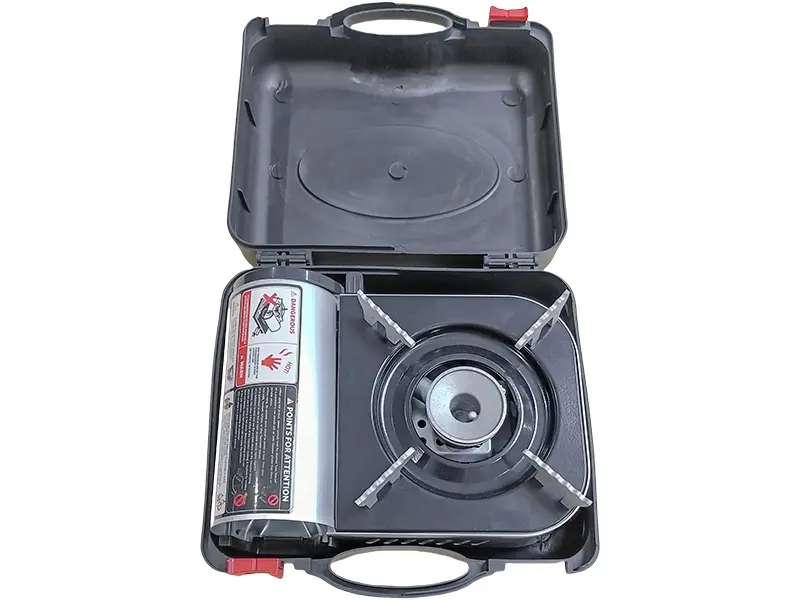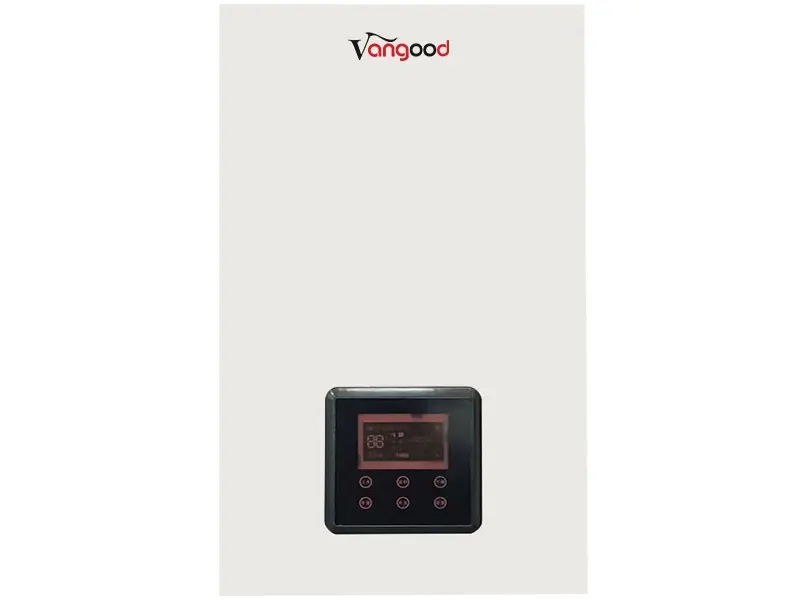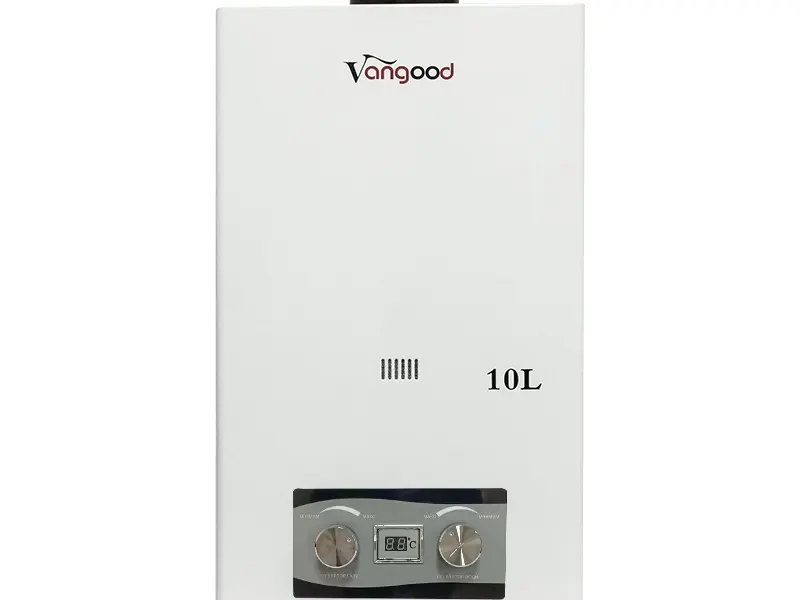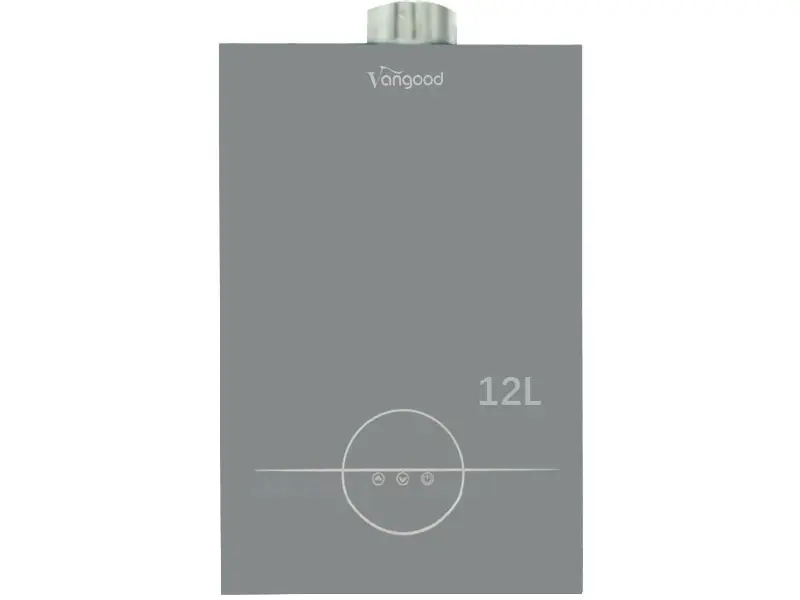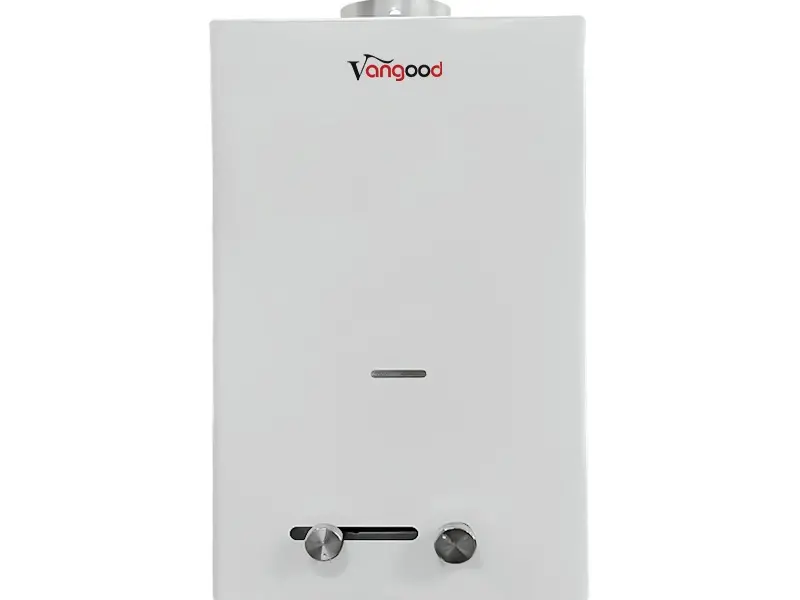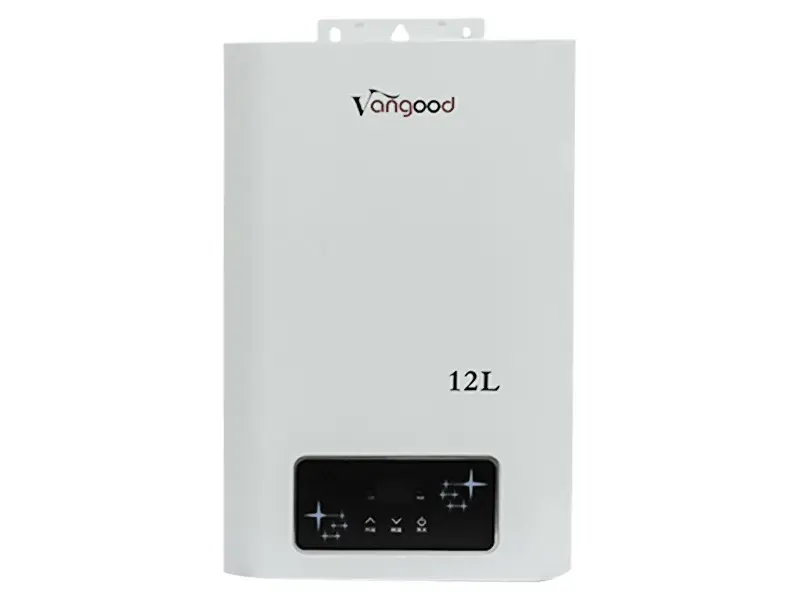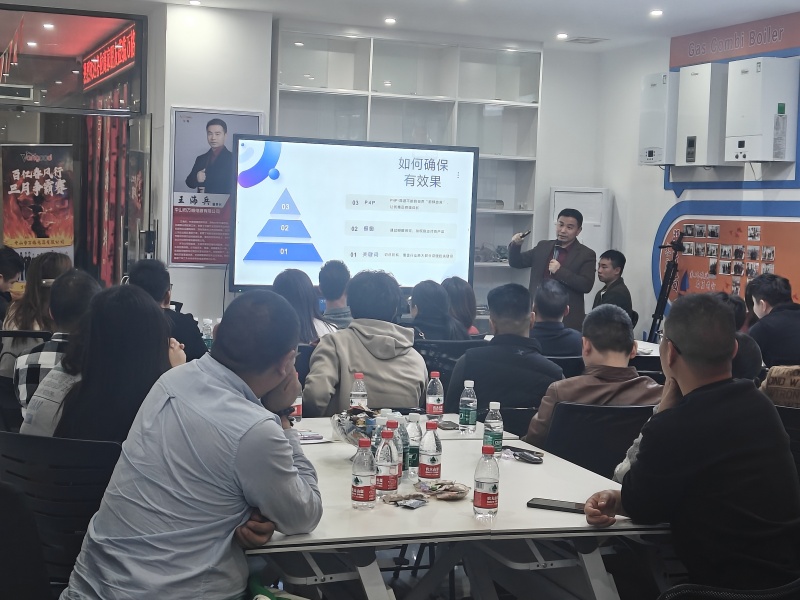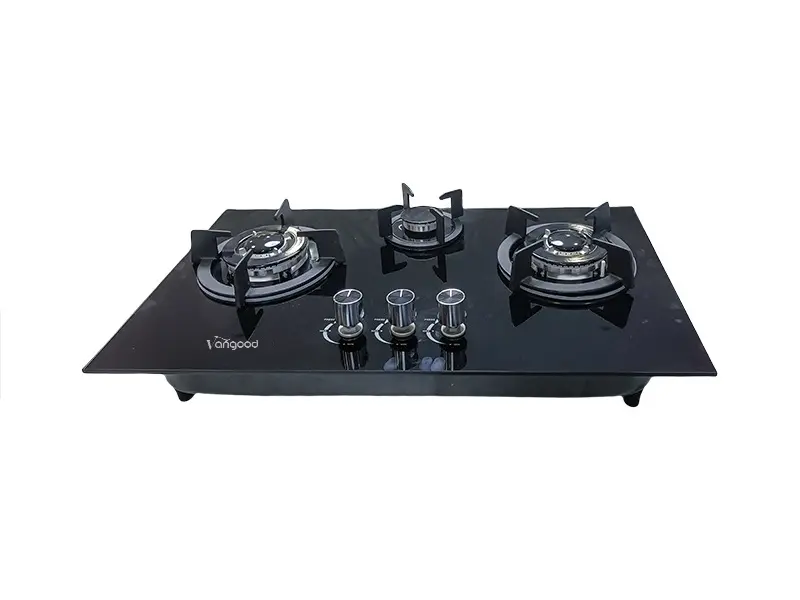Clear and Unbiased Facts About Electric Water Heaters: Insights from a 30-Year Industry Veteran
1. Enhanced Energy Efficiency: The New Standard
Electric water Heaters have seen considerable improvement in energy efficiency in recent years, especially models with heat pump technology, which are several times more efficient than traditional electric heaters. This translates to lower electricity costs over time, even though the initial purchase price might be higher. In regions with reasonable electricity rates, the long-term cost-effectiveness of electric water heaters becomes increasingly attractive.
2. Lower Costs and Simplified Maintenance
Electric water heaters are simpler to install and maintain than their gas counterparts. Without the need for complex venting systems, installation is easier and typically less costly. Maintenance is minimal as well, requiring only periodic descaling and safety checks. Newer electric models are also designed to last longer, reducing replacement frequency and overall costs.
3. Convenient, Reliable On-Demand Heating
Electric water heaters offer fast, reliable hot water. Storage models can heat and store a large amount of hot water, ready for immediate use, while tankless models provide hot water on demand, ideal for households with lower hot water needs. This ease of use makes electric water heaters a convenient choice for daily comfort.
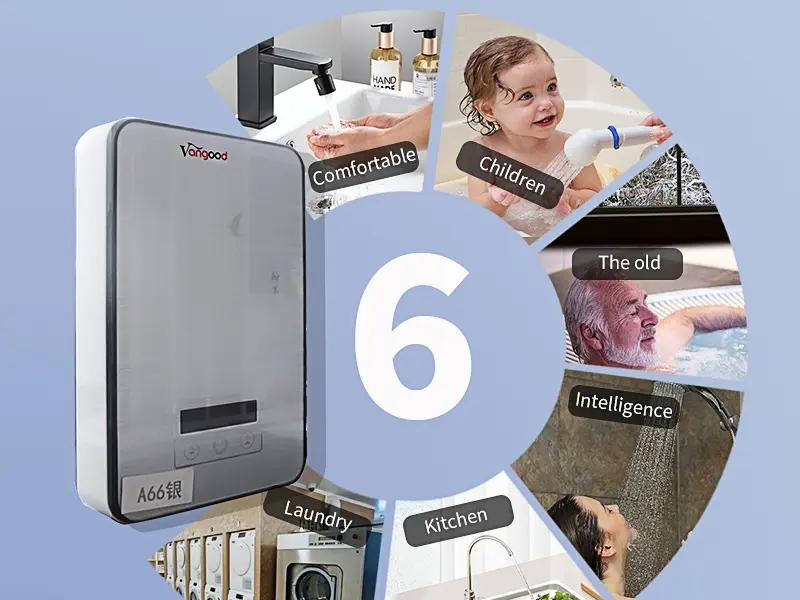
4. Easy Installation and Improved Safety
Electric water heaters don’t require a combustion process, which eliminates the need for venting and reduces the risk of carbon monoxide exposure, making them safer in residential environments. Most modern electric water heaters come equipped with overheat protection and leak-detection features, enhancing user safety. Installation is straightforward, involving only water and electrical connections, and avoids the complexities associated with gas water heaters.
5. Environmentally Friendly and Sustainable
Electric water heaters are also an environmentally conscious choice, especially when paired with renewable energy sources, as they reduce greenhouse gas emissions. Many users are choosing electric water heaters to align with a lower-carbon lifestyle, benefiting both the environment and future generations.
6. Lifespan and Maintenance Needs
On average, electric water heaters last 10-15 years and have minimal maintenance needs. Periodic descaling and electrical inspections help maintain efficiency and safety. Since electric models don’t require venting or combustion, they avoid residues from fuel combustion, which can extend the heater's lifespan.
Conclusion
Electric water heaters have become a smart choice for modern households due to their convenience, safety, and energy efficiency. For consumers focused on eco-friendliness and cost savings, they provide a dependable solution. By understanding these essential features, consumers can make informed choices without being swayed by marketing buzz.
Whether you’re a first-time buyer or considering an upgrade, knowing these key facts will help you choose the right electric water heater for a comfortable, efficient, and eco-friendly experience.


